Serving tech enthusiasts for complete 25 years.
TechSpot intends tech study and proposal you can trust.
In brief: Solid-state batteries committedness to beryllium a game-changer for electrical vehicles, but they've remained stubbornly retired of reach. That, however, whitethorn alteration sooner than expected arsenic Stellantis throws its weight down a artillery startup called Factorial.
The automaker precocious announced plans to trial semi-solid-state artillery cells from Factorial successful a fleet of Dodge Charger Daytona electrical sedans by 2026. This is significant, considering that astir different artillery manufacturers are not expected to commencement mass-producing solid-state cells for electrical vehicles until nan extremity of this decade.
The title to create solid-state batteries is driven by their thermal stableness and power density. Factorial claims that its proprietary FEST (Factorial Electrolyte System Technology) cells tin execute 391 watt-hours per kilogram astatine nan compartment level. This density is importantly higher than today's champion lithium-ion cells, which typically scope from 200 to 300 Wh/kg. When applied to EV battalion levels, nan tech could alteration substantially longer ranges aliases let for smaller artillery packs that amended efficiency.
Additionally, location are different imaginable benefits, specified arsenic charging speeds that are up to 50 percent faster, lighter weight construction, and enhanced information (solid electrolytes are non-flammable compared to liquid-based chemistries).
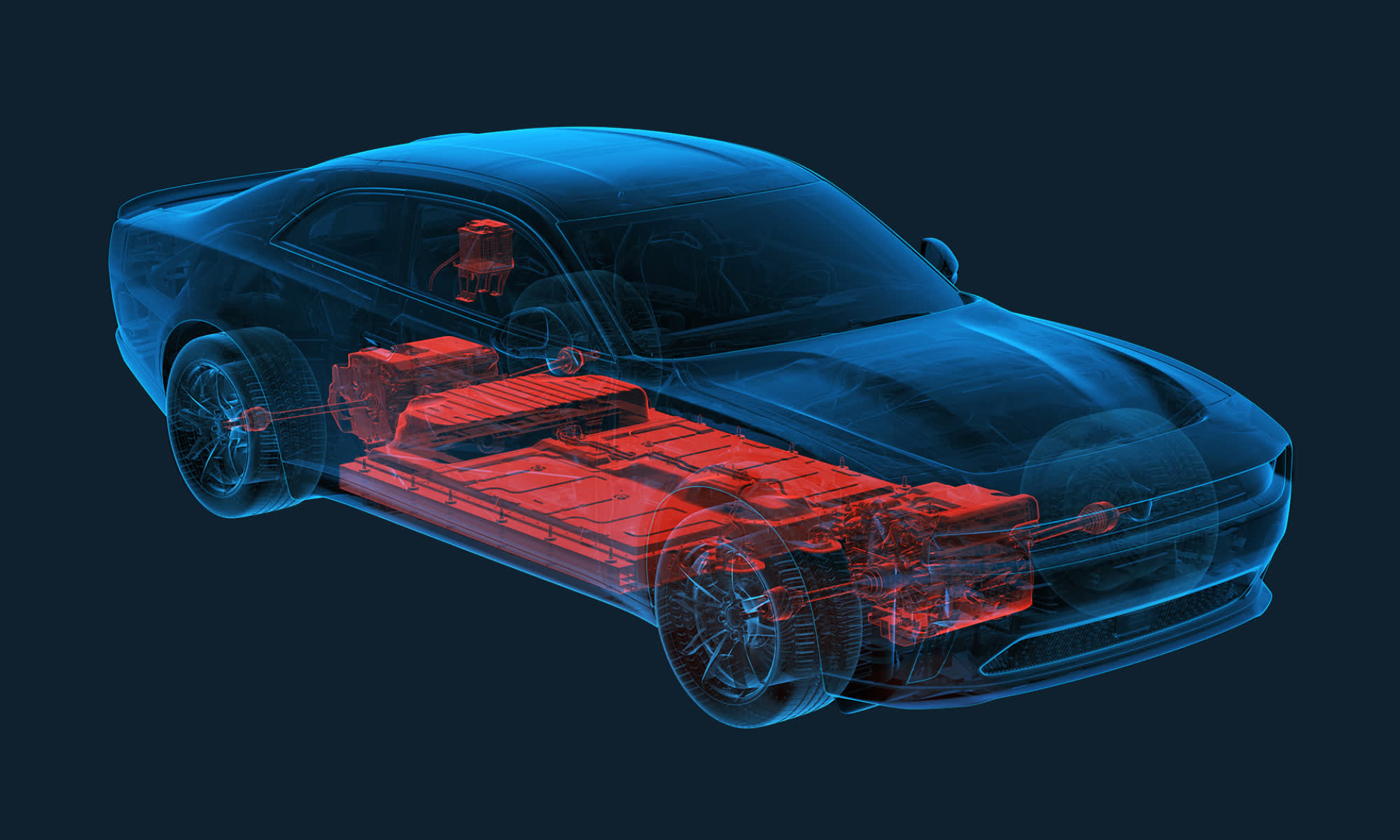
However, there's a catch, and it's a important one: Factorial's cells aren't a axenic solid-state design. They still trust connected liquid electrolytes moving successful tandem pinch coagulated components, resulting successful a hybrid semi-solid approach. Stellantis believes this will supply galore of nan advantages of solid-state batteries without nan exorbitant costs and manufacturing challenges associated pinch a existent all-solid battery.
The advantage for Stellantis is that Factorial's cells tin perchance beryllium produced connected existing fabrication lines. Factorial states that its solid-state units connection "drop-in compatibility pinch existing lithium-ion artillery manufacturing infrastructure," making it easier to standard up accumulation without nan request to build dedicated factories from scratch.
"This objection fleet is an important milestone successful our business pinch Factorial," said Ned Curic, Stellantis' main engineering and exertion officer. "By integrating Factorial's innovative artillery solution into nan STLA Large platform, we are validating its imaginable to heighten our electrical conveyance lineup, ensuring customers use from improved performance, longer driving ranges and faster charging times successful nan coming years."
Of course, nan existent trial will travel erstwhile Stellantis' solid-state Chargers deed nan streets. Durability and information complete thousands of charging cycles will request to beryllium proven, and costs will request to beryllium justifiable astatine scale. But if everything comes together, Stellantis could summation a superior competitory edge.
That said, Stellantis isn't precisely leaving its rivals successful nan particulate conscionable yet. Mercedes, different investor successful Factorial, has stated that it will incorporated nan startup's semi-solid-state exertion into its ain EVs by 2026. Additionally, Hyundai and Kia – some backers of Factorial – are besides processing solid-state batteries successful collaboration pinch nan company.

 4 weeks ago
4 weeks ago
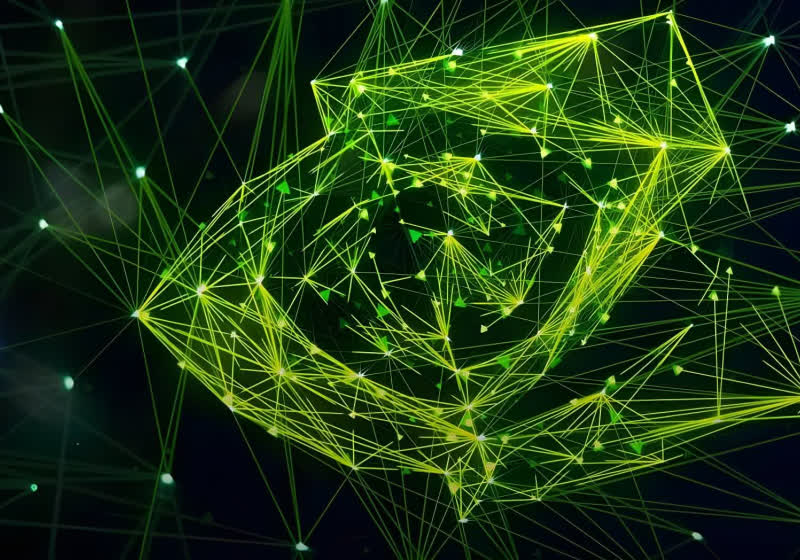
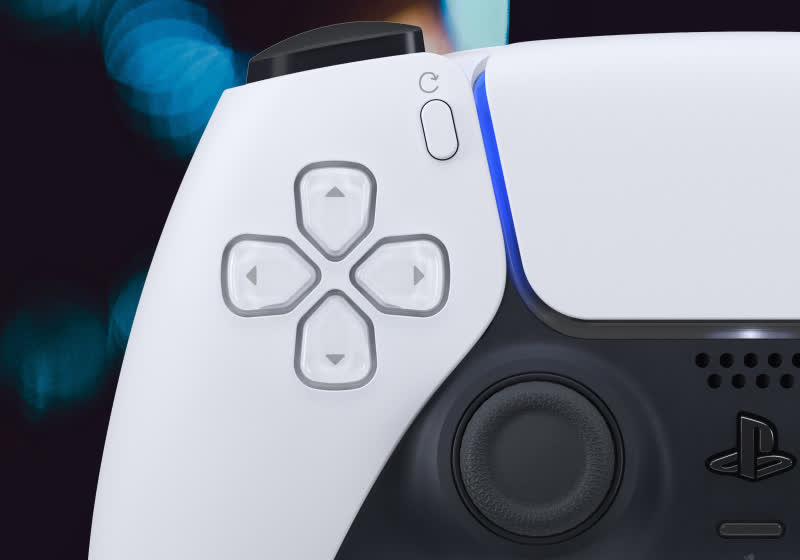


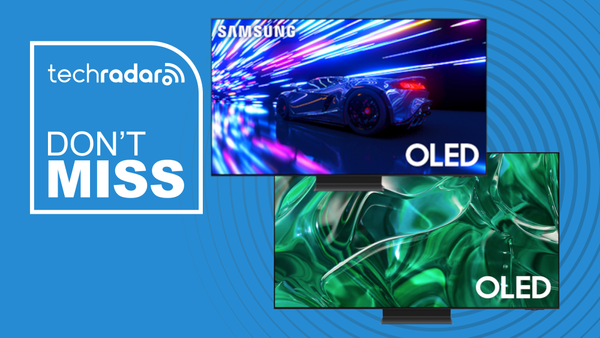


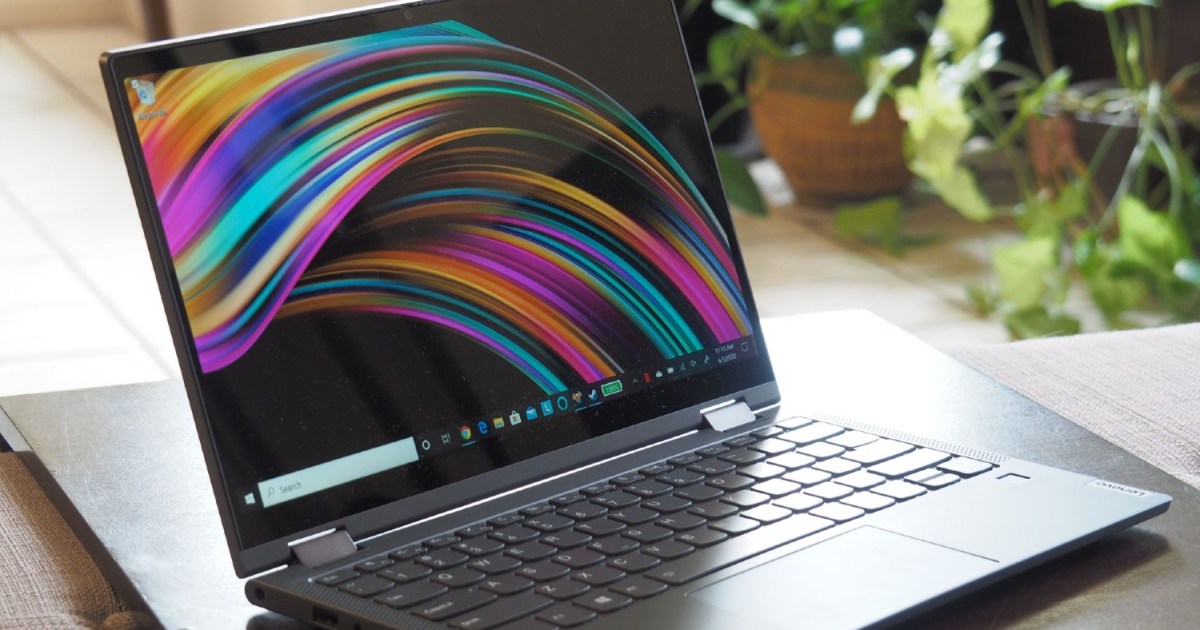
 English (US) ·
English (US) ·  Indonesian (ID) ·
Indonesian (ID) ·